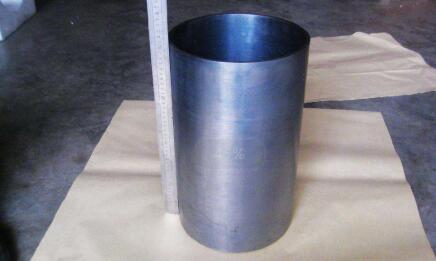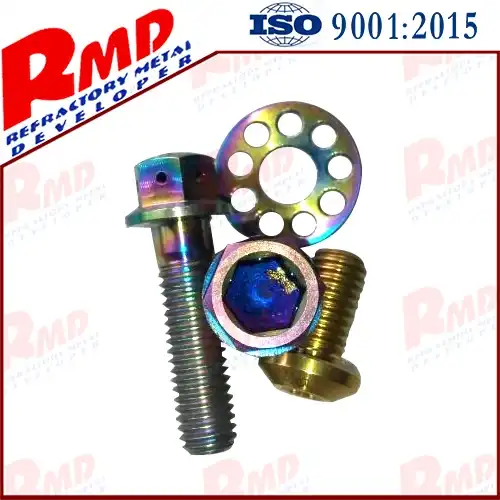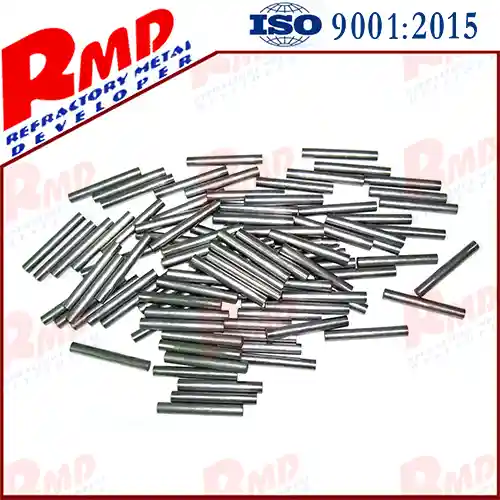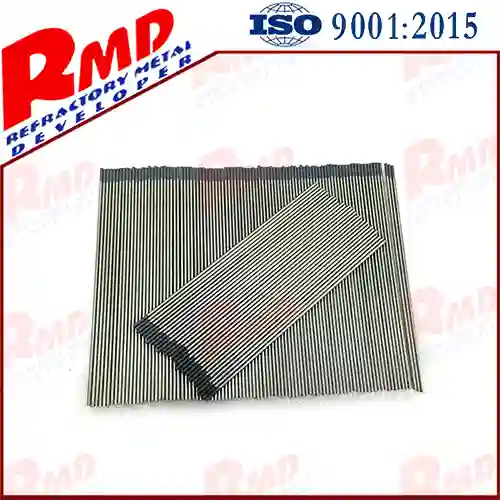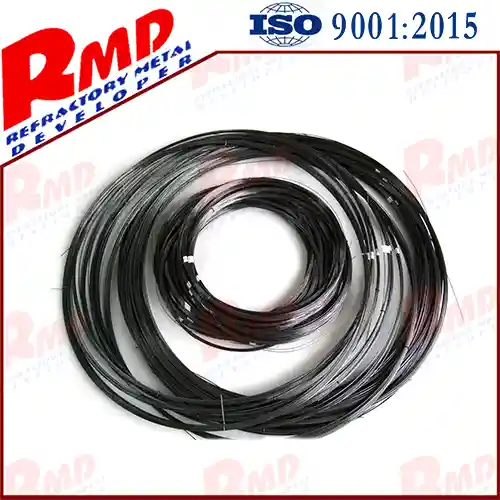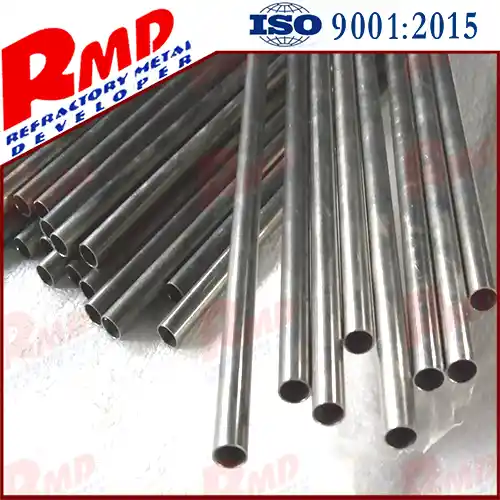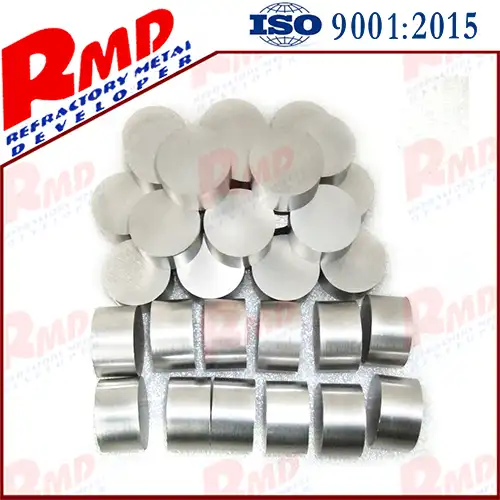- English
- French
- German
- Portuguese
- Spanish
- Russian
- Japanese
- Korean
- Arabic
- Greek
- German
- Turkish
- Italian
- Danish
- Romanian
- Indonesian
- Czech
- Afrikaans
- Swedish
- Polish
- Basque
- Catalan
- Esperanto
- Hindi
- Lao
- Albanian
- Amharic
- Armenian
- Azerbaijani
- Belarusian
- Bengali
- Bosnian
- Bulgarian
- Cebuano
- Chichewa
- Corsican
- Croatian
- Dutch
- Estonian
- Filipino
- Finnish
- Frisian
- Galician
- Georgian
- Gujarati
- Haitian
- Hausa
- Hawaiian
- Hebrew
- Hmong
- Hungarian
- Icelandic
- Igbo
- Javanese
- Kannada
- Kazakh
- Khmer
- Kurdish
- Kyrgyz
- Latin
- Latvian
- Lithuanian
- Luxembou..
- Macedonian
- Malagasy
- Malay
- Malayalam
- Maltese
- Maori
- Marathi
- Mongolian
- Burmese
- Nepali
- Norwegian
- Pashto
- Persian
- Punjabi
- Serbian
- Sesotho
- Sinhala
- Slovak
- Slovenian
- Somali
- Samoan
- Scots Gaelic
- Shona
- Sindhi
- Sundanese
- Swahili
- Tajik
- Tamil
- Telugu
- Thai
- Ukrainian
- Urdu
- Uzbek
- Vietnamese
- Welsh
- Xhosa
- Yiddish
- Yoruba
- Zulu
A Method For The Recovery Of Tantalum Carbide
2024-01-05 18:00:06
Tantalum-containing hard alloy is a composite carbide (wc-tic-tac-nbc) with tungsten carbide as the base and titanium and cobalt as the alloy. With complex composition, tantalum-niobium content is low and it is generally recovered only as a enrichment.
1. Zinc treatment
The sintered carbide was decomposed with liquid zinc at 800℃ to break the bond between the carbide particles and titanium and cobalt. The zinc is separated by vacuum distillation and recycled. After dezincing, the product is finely ground and oxidized, and then alkaline treatment and water immersion. Tungsten enters the leaching solution in the form of NaWO3 (from which ammonium secondary tungstate is prepared), and then cobalt and titanium are leached with sulfuric acid (and then cobalt and titanium are further separated and recovered from the sulfuric acid solution). The leaching residue is tantalum and niobium enrichment.
2. Sodium nitrate melting concentration method
Carbide carbide is decomposed and oxidized by melting with sodium nitrate at 700 ~ 800℃. The resulting melt first leached tungsten with water (followed by tungsten extraction), then leached cobalt with hydrochloric acid (followed by cobalt recovery), and finally enriched tantalum and niobium in hydrochloric acid leached residue. The obtained enrichment contained ta2o530. 4%, WO31.26% and TiO238.6 %.
